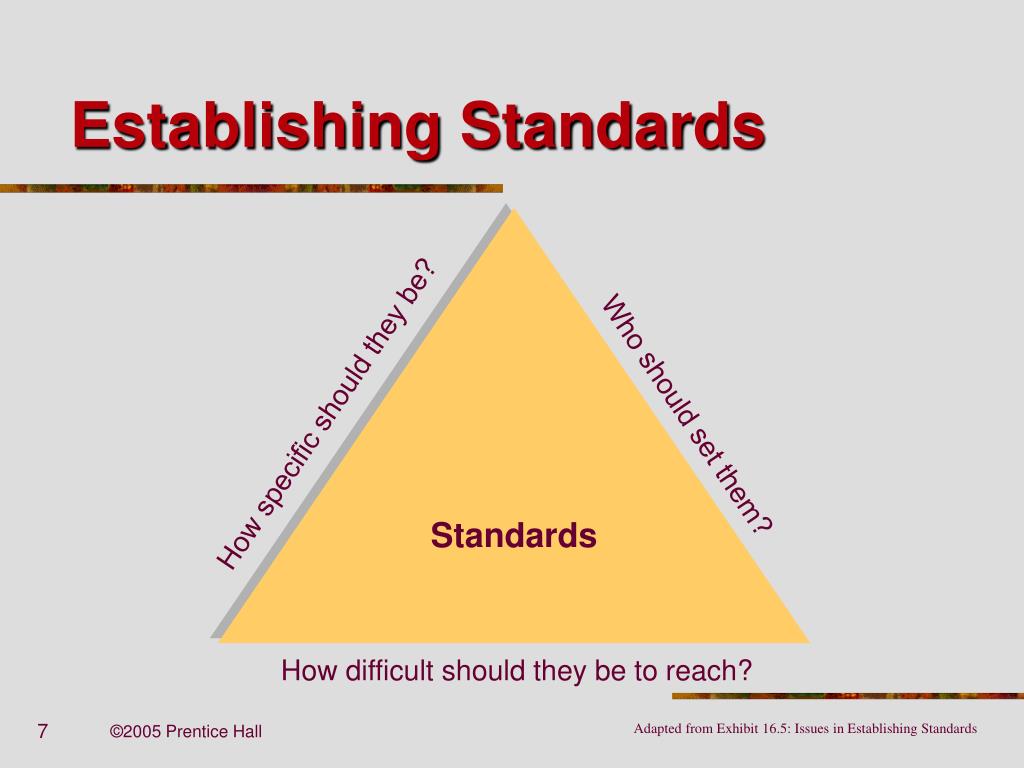Dealing With a Struggling Musician in Your Ensemble

Musical ensembles, whether they are church choirs, school bands, or professional orchestras, rely on the collective effort of all members to create beautiful, harmonious music. Sometimes, a group might face a situation where one member isn't performing as well as the others. This raises an important question: Is it better to encourage a struggling musician to improve, or is it wiser to ask them to leave for the benefit of the group?
Both approaches have their merits and challenges. The decision will depend on factors like the purpose of the group, the individual's attitude, and the overall dynamics of the ensemble.
1. Purpose of the Group
If the group is a school band, choral group or string orchestra, the purpose is to educate the students about not only how to read and play music, but also how to form a cohesive unit by working together for the good of the whole ensemble, how to learn obedience and submission by following the direction of the director and section leaders, how to be responsible for and instrument or voice, how to become disciplined so that they organize their time to allow for individual practice and other ways to achieve mastery of their music.
In such a setting, there will inevitably be more than a few students who do not meet such expectations. This is to be expected because it is a learning environment. It would be an extremely rare instance in which a student would be removed from the ensemble.
However, if the group is a community-based or faith-based setting, those skills and disciplines mentioned above should already have been learned and implemented to a substantial degree. Many community-based and faith-based groups contain high school students who may not have the experience that the mature members have, but they will often be the top students in their music classes.
The main benefit for the participants would be to foster growth in a number of areas. It is true that community-based music groups exist for more reasons than the bettering of its members, like sharing a certain type of music with the community, offering live alternatives to computer-based or recorded music. And the reason for faith-based music groups is, above all, to worship God and lead others in worshipping Him. But. Like many things in life, God is multi-dimensional, and worshipping Him through music has a certain benefit for the musicians.

2. Ways to Help
In either type of group, offering help and encouragement to a struggling musician can lead to their eventual improvement and build a stronger bond within the group. Here are a few reasons why offering support is important and ways to implement it:
- Growth Mindset
Why – Everyone starts somewhere. Even the best musicians had to learn new things and make mistakes while learning those things. Offering support shows that the group values improvement and effort over perfection. This builds a positive and nurturing environment.
How – In many areas of learning, there is more than one way to teach a skill, technique, concept or other lesson. For some students / musicians, private lessons or workshops may be the answer. A director / teacher would have to be mindful of the musician’s ability to pay for such lessons. It may take the willingness of someone to donate time to this effort. Sometimes, even another student / musician, such as the section leader, could do the job. Such a person may even be more effective than someone in a leadership position; one’s peers can often more easily relate to the difficulty.
Another method to help such a struggling musician would be some visualizing. This should be done as a goal-setting technique, not as life-changing technique as some propose it to be. The musician could simply write down the most important thing that needs to be changed about his or her musical performance and a few steps that can be taken. The musician would be accountable to either the director or a fellow musician so that progress could be monitored and fine-tuned as needed. - Personal Accomplishment
Why – Closely related to Growth Mindset is a sense of personal accomplishment. In order to confirm one’s sense of worth, a person must be able to point to some accomplishments, no matter how small. Being able to sing or play an instrument well is not a common achievement, and for a person to be able to do that can boost his or her sense of worth immensely.
A word about Worth – Worth is not derived from simply existing, or derived from one’s self, our actions or thoughts. God created us, sent Jesus to die for us, cares for us and provides for us. The ability to sing or play does not create the worth, but rather reflects an aspect of the worth that God has given us.
How – This may be a tricky one to manage because its roots can run far deeper than being able to understand and perform the music. There may be a person in that musician’s life (parent, sibling, teacher, social media post) that has put a severe damper on any feeling of accomplishment that the musician may have had otherwise.
This may be another mission for one of that person’s peers, a “worth mentor”, if you will. This mentor could help the struggling musician understand his or her worth in God’s eyes. Knowing that a person has such wonderful worth would enable that person to want to do better in appreciation of the love and sacrifice that God has made on that person’s behalf.

- Team Spirit
Why – Encouraging a weaker member can foster unity. When other musicians see someone being lifted up instead of pushed away, it can create a more cohesive, caring ensemble. The group becomes more than just about making perfect music; it becomes a community where people grow together.
How – In some circumstances, this may take some team-building exercises for the whole ensemble; some are not naturally disposed to helping others. There is a myriad of team-building exercises from which to choose, but it could be as simple as a concert band playing a piece with none of the first parts participating. How empty does the piece sound? Or, do the opposite, have only the first parts play. First part and first chair players often think of themselves as better than the rest. But, first parts by themselves can sound rather hollow.
Once the ensemble is more team oriented, it will be easier for others to see that the Gestalt theory is true. (The gestalt theory maintains that the whole is greater than the sum of its parts. E.g., a team is better when working as a unit than working as a collection of individuals. Or. A marriage works more perfectly when the man and woman work as a unit rather than two separate people.) The other members of the ensemble will then be able to cheer the struggling member as he or she makes each incremental accomplishment. And, as struggling members becomes more competent and confident, they, in turn, can encourage and mentor others that need it more than they do. - Long-term Potential
Why – Sometimes, the issues facing struggling musicians are temporary — perhaps due to lack of confidence or unfamiliarity with the material. It may be some personal problem with which they are struggling. The director, other musicians, and others involved in struggling musicians’ lives may need to understand that this may be a difficult season in those lives, not a permanent situation.
How – To effect a long-tern solution will take the application of patience, grace, and second chances – those things that Jesus offers so freely. Just as we are called to support and build each other up in life, this can also be applied to group settings like musical ensembles.
3. Removing for the Sake of the Group
While encouraging a Growth Mindset, a sense of Personal Accomplishment, team Spirit, and a Long-Term Solution are essential, there are times when removing a struggling musician might be necessary. This is particularly true when the group has specific goals, such as performing at a high level or achieving professional success. Here are a few reasons why removal might be the best course:

- Maintaining Standards: In some ensembles, the standard of performance is crucial, especially in professional or competitive environments. If one member consistently underperforms, it can drag down the entire group. In such cases, the ensemble might have no choice but to ask the person to step down.
Personal Note – When I was in college, there were two choirs. One was College Choir, which required an audition and recommendation from a music faculty member to join. This was to be the cream of the crop. They sang everything from Medieval Plainsong to neo-classical 20th century works.
The other choir was Community Choir. It was made up of music students and choral music lovers from the community, including some faculty and staff. It required no audition, but anyone who joined needed to know how to read music and have some previous choral singing experience. They sang not-so-difficult but still somewhat challenging music.
I sang in College Choir my first year. I thought I was a fairly good sing for having passed the audition, and my recommendation was nearly automatic because I was a music major. However, it was too much work; I like to sing for enjoyment and a sense of accomplishment. My last three years, I sang in the community choir. I was still challenged but was able to enjoy myself and feel proficient.
The point is, I removed myself from the College Choir because, by my lack of enthusiasm and sense of team spirit there, I was pulling the standard of the choir down.
Back to the article – Sometimes it may be possible to help someone realize that it would be better for then to find another way to pursue his or her love of music than to belong to a particular ensemble. - Time and Effort: Encouraging a musician takes time, and sometimes, an ensemble simply cannot afford the time to bring someone up to speed. If the group is preparing for a major performance, delaying progress for one individual might jeopardize the entire performance.
- Individual Attitude: If the struggling musician is unwilling to put in the effort to improve or shows a lack of commitment, it can be demoralizing for the rest of the group. In such cases, removal may be necessary to maintain the morale and focus of the ensemble.
This approach, while tough, can be justified if done with respect and kindness. It doesn’t have to be a harsh rejection but rather an honest conversation that explains the group's needs and perhaps offers the individual other avenues to improve outside of the ensemble.

Balancing Grace and Expectations Ultimately, the decision between encouraging improvement and removing a struggling musician requires balance. Here are a few suggestions for handling the situation with wisdom:
- Have a Conversation: Before making any decision, it's important to talk to the individual. The person might not even be aware of how his or her performance is affecting the group. Honest feedback, delivered with kindness, can sometimes be all that's needed for a struggling musician to take steps to improve.
- Set Clear Expectations: If the group decides to give the musician a chance to improve, it’s essential to set clear goals and a timeline for progress. This ensures that the individual understands what is expected and provides accountability for that improvement.
- Seek External Help: Offering resources like additional practice sessions, tutoring, or mentorship can help a struggling musician without disrupting the group's progress. (See above under Ways to Help) This is particularly helpful in faith-based or community settings, where one of the goals is growth rather than immediate perfection.
- Know When to Let Go: If, after repeated encouragement and efforts, the musician still doesn’t meet the necessary standards, it may be time to part ways. This can be done with grace, ensuring the person knows they are valued even if they no longer fit in that particular group.
Conclusion Whether to encourage a struggling musician or remove that person from a musical ensemble is not a decision to be taken lightly. It requires discernment, compassion, and a deep understanding of both the individual's needs and the group's goals. While encouragement aligns with a spirit of growth and community, there are times when for the sake of the group’s progress and harmony, removal may be necessary. By approaching the situation with grace, honesty, and clear communication, ensemble leaders can make a decision that benefits both the group and the individual.
Salt Cellar Creations understands the beauty and power that music of all kinds can convey and has a growing library of original works and arrangements for Concert Bands, Choral Groups, String Orchestras, Soloists and Small Groups. There is also a growing catalog of original concert works by John Daniels (the Heart of salt Cellar Creations) from his touring days. Find out more about all that Salt Cellar Creations has to offer HERE.
SCC can also compose an original piece for you or do a custom arrangement for you. There are two ways that this can be done; one is much more affordable than the other. And SCC is always looking for ideas of pieces to arrange or suggestions for original pieces.
We have sold music not only in the US but in Canada, the United Kingdom, France, Australia, New Zealand, Austria and Germany. Please visit the WEBSITE or CONTACT US to let us know what we can do for you!